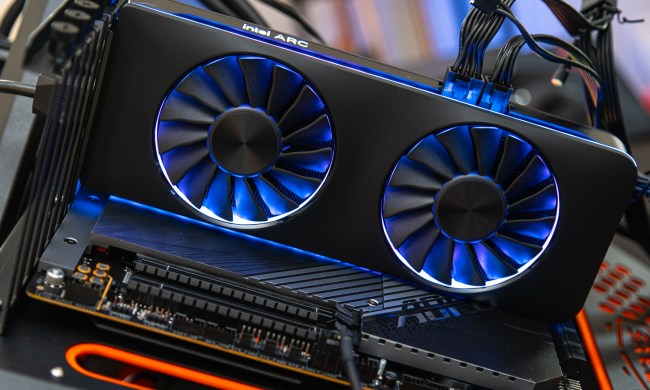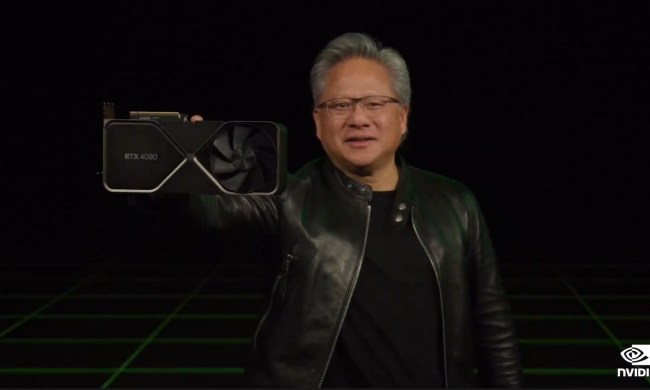The legal feud between giant chipmaker Intel and graphics developer Nvidia looks to be taking another ugly turn, as Nvidia says it has suspended development of chipsets for Intel’s current “Nehalem” architecture and future microprocessors based on a similar architecture. The move is a chancy step for Nvidia, which may be hoping to apply pressure on Intel from customers demanding to use Nvidia technology with Intel processors. But it also may mean hard times ahead for Nvidia’s chipset business, which looks to be on track to generate almost a billion dollars in revenue this year.

Nvidia’s decision stems from a long-running legal squabble between the two companies: Intel claims that a four-year-old licensing agreement does not apply to Intel processors, like the Nehalem line, that feature integrated memory controller and a new Direct Media Interface (DMI) bus. Nvidia claims the licensing agreement does cover DMI and integrated memory controllers. The companies are suing each other, but until a court interprets the license agreement or the companies come to some sort of settlement, Nvidia feels they cannot invest in developing and marketing chipsets for Intel’s current and forthcoming DMI CPUs.
Intel isn’t seeking any damages in its suit, but rather a ruling that Nvidia does not have licenses to the DMI and integrated controller technologies (which did not exist when the agreement was signed). Nvidia suit alleges breach of contract, and thus wants the court to terminate Intel’s licenses to Nvidia patents technology, including 3D rendering and GPU technologies.
If the licensing agreement is terminated or the court rules Nvidia does not have a license to develop chipsets for DMI CPUs, Nvidia may face being locked out of creating graphics solutions for Intel platforms. Similarly, Intel’s chief rival AMD has its own high-performance graphics developer in house—the famously acquired-and-written-down ATI. Although the company is developing its own CPU lines, mobile architectures, and even venturing into supercomputing, the company faces being cut out of a substantial portion of its business in traditional desktop and notebook computing.
The case is likely to go before a Delaware court next year.



